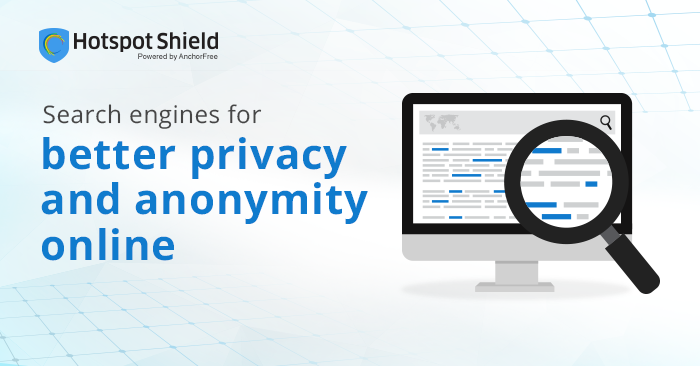How to get a Finnish IP address
The easiest way to improve your digital privacy is to switch your IP address using a VPN. We’ll …

 Search engines make it easier for users to navigate through countless sources of information online, but using them can compromise your online privacy. To protect your anonymity and privacy, using a privacy search engine together with an anonymous VPN is the perfect solution.
Search engines make it easier for users to navigate through countless sources of information online, but using them can compromise your online privacy. To protect your anonymity and privacy, using a privacy search engine together with an anonymous VPN is the perfect solution.
The World Wide Web contains vast amounts of valuable information. Search engines are important because it allows us to sort through oceans of data in order to get only the relevant bits based on the string of words that we type in. It allows us to access websites without the need to memorize their URLs, discover new content, and look for solutions to our problems much easier.
Search engines are among the most heavily used Internet applications worldwide. As of April 2017, the year-on-year average for searches per day is 6,586,013,574 worldwide. In terms of global usage for search engines, Google unsurprisingly leads the pack with a lion’s share of 77.43 percent; Baidu, Bing and Yahoo follow suit with 8.13 percent, 7.31 percent and 5.6 percent, respectively.
If you’re concerned about your privacy and anonymity when using Google, Bing or Yahoo, then you may want to consider using privacy search engines. Unlike their popular counterparts, privacy search engines don’t collect information about you, so your privacy is protected and you remain anonymous when you go online.
1. DuckDuckGo
DuckDuckGo is search engine that does not collect or share your personal information. It also does not employ tailored ads, making it a must-have for Internet users who value their privacy. You can get DuckDuckGo as an extension for Chrome.
2. StartPage
StartPage is another solid contender for the best privacy search engine that you can use. It helps keep your information private by making use of a proxy server for all of your searches. This can protect you from websites that keep tabs on your IP address.
3. Gibiru
Gibiru is another search engine that does not collect your data. You can use it to search for content uncensored and anonymously. What Gibiru does is that it displays results like how Google would, but it does not use cookies or your IP address for delivering results.
4. Qrobe
Qrobe is a metasearch engine that relies on results from other search engines to deliver results to its users. When you type in keywords on Qrobe, it uses search results from Google and Bing and combines them so you can get results that are not biased.
5. Hulbee
Hulbee is similar to other privacy search engines in that it does not collect information about its users. What makes it different is that it is a semantic search engine, meaning it uses algorithms to analyze the searcher’s intent and the context of the keywords. It’s a search engine that not only protects your privacy, but is also smart.
In addition to using privacy search engines, you may also want to use an anonymous VPN such as Hotspot Shield. Hotspot Shield uses advanced encryption technology to protect your web traffic from hackers and spies. In addition to this, Hotspot Shield hides your IP address and replaces it temporarily, preventing online crooks from monitoring your online footprints while also allowing you to access blocked content.
Learn more about Hotspot Shield by visiting our website. You can download the anonymous VPN by clicking here. Get more online privacy, anonymity and content access tips by reading our blog.
